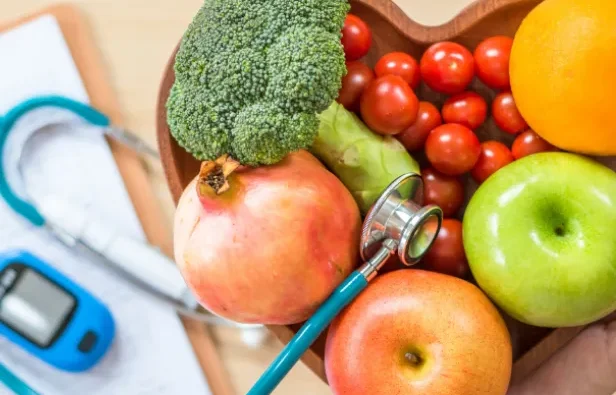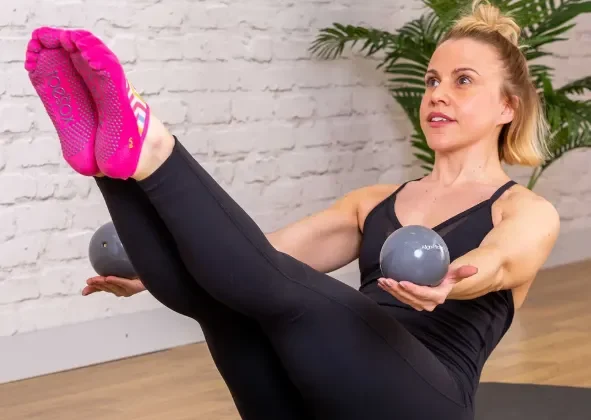High blood pressure is a common condition, but it doesn’t always require medication to be managed. Making simple changes to your lifestyle can have a significant impact on reducing blood pressure, and the best part is, these methods are natural and effective. While individual results can vary, implementing these easy adjustments into your daily routine can help lower your blood pressure and improve your overall health.
1. Reduce Sodium Intake
While sodium is necessary for the body, consuming too much can lead to water retention and increased blood pressure. Most people consume much more than the recommended daily limit of 2,300 mg of sodium, with the average intake being over 3,400 mg per day.
To lower your sodium intake, focus on eating more whole, unprocessed foods and check product labels for sodium content. Try seasoning meals with fresh herbs instead of salt for added flavor without the extra sodium.
2. Increase Potassium Intake
Potassium helps balance out the effects of sodium and supports kidney function, aiding in the removal of excess sodium from your body. Aim for 3,000 to 3,500 mg of potassium per day through foods like bananas, avocados, leafy greens, sweet potatoes, and oranges. However, those with kidney issues should consult their doctor before increasing potassium intake.
3. Try the DASH Diet
The Dietary Approaches to Stop Hypertension (DASH) diet is one of the most effective eating plans for managing high blood pressure. It emphasizes a diet rich in fruits, vegetables, whole grains, lean proteins, and low-fat dairy while reducing consumption of red meat, processed foods, salt, and sugars.
Following the DASH diet has been shown to significantly lower blood pressure in just a few weeks and may also help with weight loss.
4. Get Moving with Regular Exercise
Regular physical activity strengthens the heart and improves circulation, making it one of the most effective ways to manage blood pressure. Aim for at least 30 minutes of aerobic exercise daily, such as walking, cycling, or dancing.
Strength training twice a week can also benefit your cardiovascular health. Consistency is key, so even small amounts of exercise can have long-term positive effects.
5. Limit Alcohol Consumption
Excessive alcohol intake can raise blood pressure, so it’s important to drink in moderation. For men, this means no more than two drinks per day, and for women, one drink a day.
Alcohol can also interfere with sleep and mood, so cutting back can have additional benefits for your overall health. If reducing alcohol proves difficult, consider joining support groups or seeking counseling to help with behavioral changes.
6. Lose Excess Weight
Carrying extra weight puts extra strain on your heart, making it harder to maintain healthy blood pressure. Losing even a small amount of weight—about 10 pounds—can significantly improve your blood pressure if you’re overweight or obese.
Adopting a balanced diet and increasing physical activity can help support natural weight loss, but consult with your doctor to create a plan that’s right for you.
7. Improve Your Sleep Quality
Getting adequate sleep is crucial for heart health. Lack of sleep has been linked to higher blood pressure and other health issues. Aim for 7-9 hours of sleep each night, and practice good sleep hygiene by keeping a consistent sleep schedule and limiting screen time before bed.
If conditions like sleep apnea affect your rest, be sure to discuss them with your doctor for proper treatment.
8. Manage Stress Effectively
While stress is a normal part of life, chronic stress can negatively affect both your mental and physical health, including your blood pressure. Finding ways to manage stress is crucial for long-term well-being.
Identifying your stress triggers and practicing relaxation techniques such as deep breathing, meditation, or yoga can help reduce stress. Regular self-care activities and setting healthy boundaries are also essential for maintaining balance.
9. Check Your Vitamin Levels
Some vitamins and minerals play a role in supporting healthy blood pressure. Deficiencies in nutrients like vitamin D, magnesium, folate (B9), and vitamin C can impact your blood pressure regulation.
Eating a balanced diet rich in these vitamins or taking supplements (as recommended by your doctor) can help maintain optimal levels. A simple test can determine if you have any deficiencies that could be addressed.
10. Quit Smoking
Smoking damages blood vessels and increases inflammation throughout the body, which can worsen hypertension. Quitting smoking is one of the best things you can do for your health, not only for your blood pressure but also for your lungs and overall well-being.
While quitting can be challenging, support is available through nicotine replacement therapies, medications, and counseling. Remember, multiple attempts may be needed before quitting for good, but every attempt brings you closer to a healthier life.
By making these lifestyle changes, you can significantly reduce your blood pressure and improve your overall health. The road to better heart health is not a quick fix, but with dedication and consistency, it’s entirely achievable.











